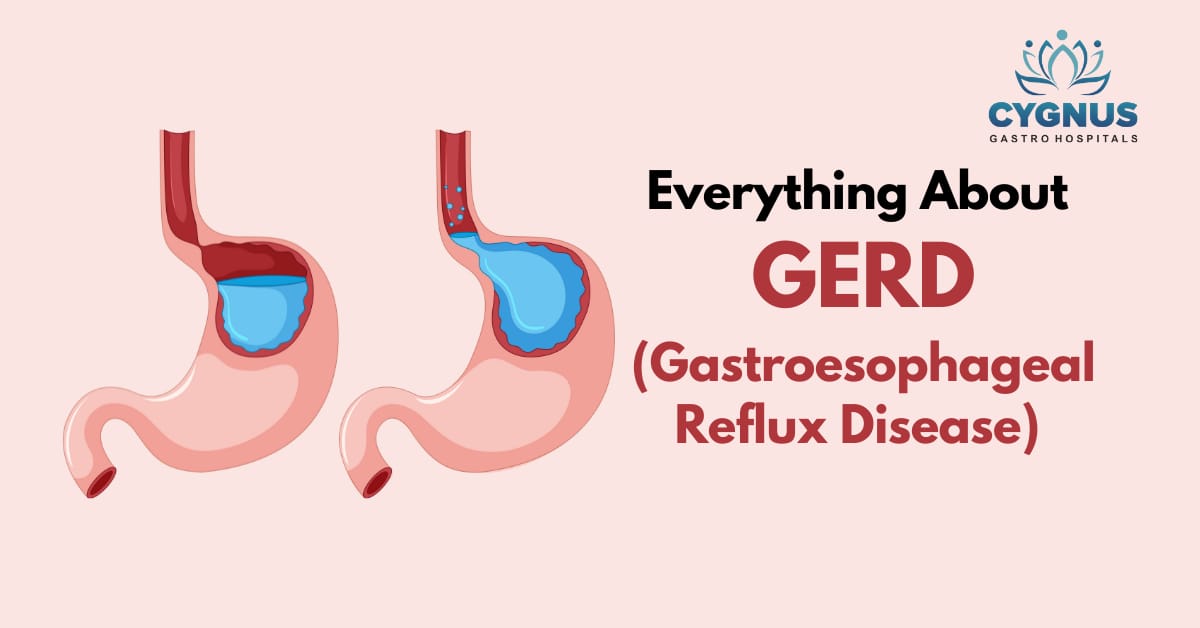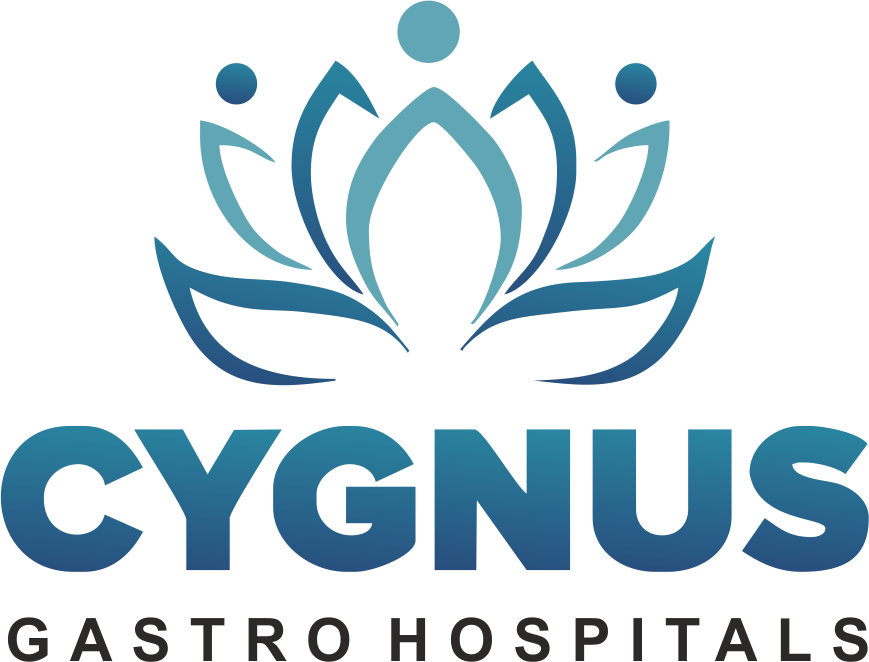
Gastroesophageal reflux disease is caused because of frequent acid reflux. This condition appears when following an unhealthy lifestyle or diet. Sometimes even pregnant women tend to feel this acid reflux. It’s a chronic condition which further rises up bile or the other stomach juice upwards. This upward movement of the stomach juices results in acid reflux and a heart-burning sensation.
From this blog post, you’ll get to know what GERD’s symptoms, causes, diagnosis, and treatments look like. So ensure to stay till the end of the blog post.
Risk factors for GERD:
Obesity – excess fat in the stomach leads to loosening of the lower esophageal sphincter and thus makes the stomach juices flow up. Hence it’s important to be cautious of healthy body weight to avoid GERD.
Pregnancy – During pregnancy the esophagus pushes the food down slowly. Also sometimes it tends to push the food upwards. That’s why acid reflux gets pretty common during pregnancy.
Smoking – The nicotine from tobacco used in cigarettes relaxes the lower esophageal sphincter and allows the stomach juices or the chemicals to flow upwards. This highly triggers the GERD situation. Prolonged smoking can affect gut health even more worse.
Un-prescribed medicines – Un-prescribed medications lead to a lot of health problems and can immediately trigger acid reflux in the stomach. That too chemicals like benzodiazepines, calcium channel blockers, tricyclic antidepressants, NSAIDs are more prone to making the GERD condition worse. So always ensure to have medicines only on doctor’s prescription.
Symptoms of GERD:
Symptoms of GERD include:
- Heart burning sensation is sometimes accompanied by chest pain.
- Constant acid tastes between the throat and the tongue.
- Struggle in breathing after food.
- Bad breath.
If these symptoms are prolonged more than two times a week then consultation with a the doctor is strongly recommended.
Diagnostic measures for GERD:
Common diagnostic measures for GERD are:
- An esophageal PH monitoring procedure
- Endoscopy
- Manometry
Esophageal PH monitoring:
During the esophageal PH monitoring procedure, a small catheter is inserted into the patient’s nose or mouth. Once this catheter is inserted, the health care provider will check how long the acids are staying in the stomach and the PH levels to diagnose if the patient has GERD. This procedure is done when the patient faces heartburn, regurgitation, lump feeling in the throat, acid taste at the back of the tongue, frequent burping, and sore throat.
Endoscopy:
It is a procedure similar to Esophageal PH monitoring. But this procedure can also diagnose esophagus inflammation (esophagitis) and other complications.
Manometry:
Esophageal manometry is fine to measure the performance of the lower esophageal sphincter and other esophageal muscles to monitor the food pushed down is again being pushed up.
Treatments to cure Gastroesophageal reflux disease:
First, the treatment begins with lifestyle and diet modifications to ensure that the body can effectively respond to the treatments. In mild conditions, the disease gets cured with these lifestyle and diet changes.
If the acid reflux problem continues even after 3 weeks of lifestyle change, then medication and surgical procedures will be done.
Medications will be given to:
- Strengthen the H-2-receptor blockers
- Strengthen the proton pump inhibitors
- Strengthen the lower esophageal sphincter
Since these medications might be increasing the risk of hip fracture it is only recommended to have them under the guidance of the doctor.
Usually, GERD is curable with lifestyle changes or medicines. But if it is not controllable even after lifestyle & diet changes and medications, then it’s a sign that the disease has gotten too severe to handle. In these cases, surgery is the only procedure.
Surgical procedures that are done to cure GERD are:
- Fundoplication where the top of the stomach is wrapped around the junction of the stomach and esophageal sphincter.
- LINX device where tiny magnetic beads are used to keep the lower esophageal sphincter not loosening up.
- Transoral incisionless Fundoplication (TIF) where there are no surgical incisions involved. This procedure is done through the mouth with the help of an endoscope. This procedure tends to have a quicker recovery time.
These are the common things that you need to know about GERD. Check our blog post on ‘Foods that cause acid reflux’ to prevent your gut from acid reflux issues.


